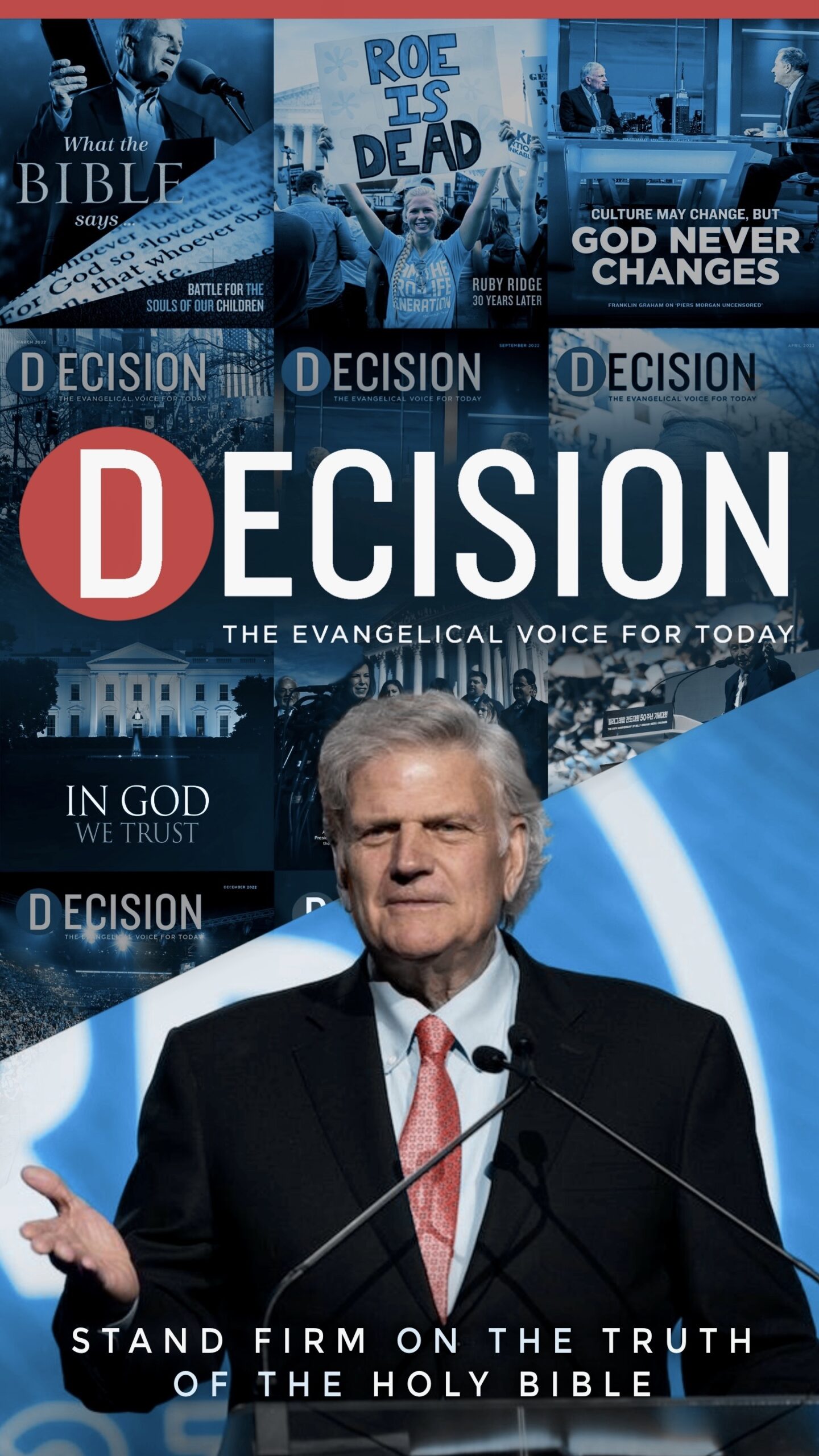There’s an old expression that dates back to 1512, “Throwing out the baby with the bath water.” The idea behind the saying is that if you believe part of an idea or teaching is not good, don’t toss it all away.
Is this not what many pastors do today? They fear the negative results of mentioning the dreaded word “Rapture” from the pulpit, so along with never referring to Jesus’ appearing, they never mention the resurrection of the dead in Christ or the glorious transformation of those who will be alive at the time. Water and baby both go out the window.
I have heard many presentations of the Gospel where the pastor never said the words “eternal life,” or if he did, he mentioned it as an afterthought or as part of John 3:16 during his closing prayer. Why do so many pastors refuse to mention the biblically sound promise that we will live forever in imperishable bodies like that of our Lord Jesus?
It’s the most neglected biblical truth in today’s churches.
Martha’s Belief in a Future Resurrection
I’m always impressed when I read Martha’s assertion of faith after the death of her brother, Lazarus. When Jesus told her that her brother would “rise again” (John 11:23), she responded with these words, “I know that he will rise again in the resurrection on the last day” (v. 24).
Martha believed in a future bodily resurrection, the very thing that pastors today go to such great lengths to avoid even mentioning lest someone think they believe in the Rapture.
In the Gospel of John, the phrase “eternal life” appears seventeen times. Jesus emphasized this truth repeatedly during His earthly ministry; it’s no coincidence that Martha understood what that meant for her brother.
Jesus then surprised everyone by raising her brother from the dead. However, a far greater resurrection awaits Lazarus along with all who have died in Christ or will be alive at His appearing.
The Forgotten Resurrection
I often wonder if pastors who exclude references to our resurrection in their preaching genuinely believe the words of 1 Corinthians 15:19: “If in Christ we have hope in this life only, we are of all people most to be pitied.”
In the preceding verses, Paul refutes those in Corinth who claimed that there was no such thing as a resurrection (15:12-18). If true, he argues, then we must conclude that Jesus didn’t rise from the dead, which would signify that our faith is “futile.” The end of such a dire possibility is that the “dead in Christ have perished,” and we who are alive are “most to be pitied” (ESV) or “miserable” (KJV) because our hope doesn’t extend beyond this life (see vv. 18-19).
Paul begins verse 20 with the glorious fact that “Christ has been raised from the dead,” and in 1 Corinthians 15:47-57, he sums up our forever hope with the joyous reality of our bodily resurrection as New Testament saints. In language that others cannot possibly misconstrue or misunderstand to signify anything else, the apostle says there’s coming a time when Jesus will raise the dead with imperishable bodies and gloriously transform believers still alive at His appearing, the Rapture of His Church. Those who say 1 Corinthians 15:47-57 doesn’t refer to a future transformation of both dead and living believers are false teachers.
Paul again points to our joyous hope of eternal life in Philippians 3:20-21: “But our citizenship is in heaven, and from it we await a Savior, the Lord Jesus Christ, who will transform our lowly body to be like his glorious body, by the power that enables him even to subject all things to himself.” (emphasis added)
Because Jesus rose from the dead, our over-the-top blissful hope is that someday we will possess a glorious body like that of our Savior. The sense of verse 20 is that of an “excited anticipation” of Jesus’ appearing. It signifies a yearning of the soul for the time that Jesus raises the dead in Christ and wholly transforms us with immortality. Romans 8:23 speaks to the future “redemption of our bodies,” which happens at the time of the Rapture.
We Possess a Tangible Hope
The problem with modern preaching is that it leaves our future after this life undefined. The more popular views of Bible prophecy point our hope to a far-distant Second Coming of Jesus, during which time He judges sin and initiates the eternal state. Parishioners can only guess as to what such a future means for them.
The world around us is on fire with lawlessness, unbridled wickedness, threats of terrorism, and the drumbeats of a nuclear war, which appears more likely with each passing day. Our future well-being in this world has never been more at risk in our lifetime.
The good news is that the Bible defines our hope as something tangible, a certain expectation of glory after this life ends. Scripture doesn’t leave us guessing as to what sort of nebulous existence lies in our future.
Terry James and I authored the book Hereafter, which describes in detail our lives in eternity after the Rapture. In it, we explore what it will mean to possess imperishable bodies as we reign with Christ in His kingdom.
We will spend eternity in gloriously transformed bodies that will never experience pain, sickness, aging, or death. They will be like that of our Savior. The “redemption of our bodies,” which happens at the time of the Rapture, was the hope that the apostles proclaimed to the world (Romans 8:23-25).














